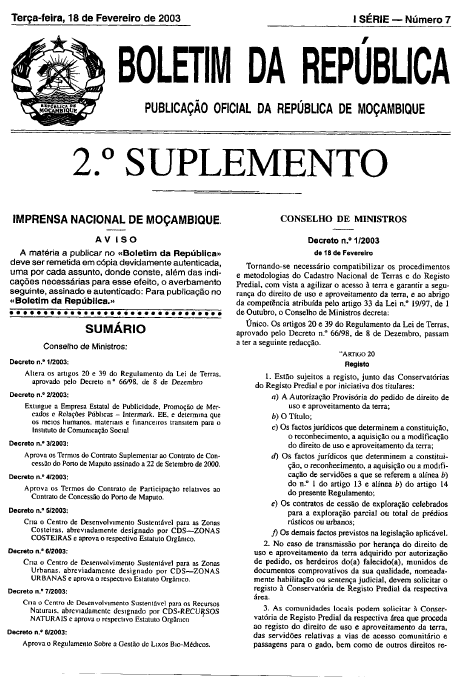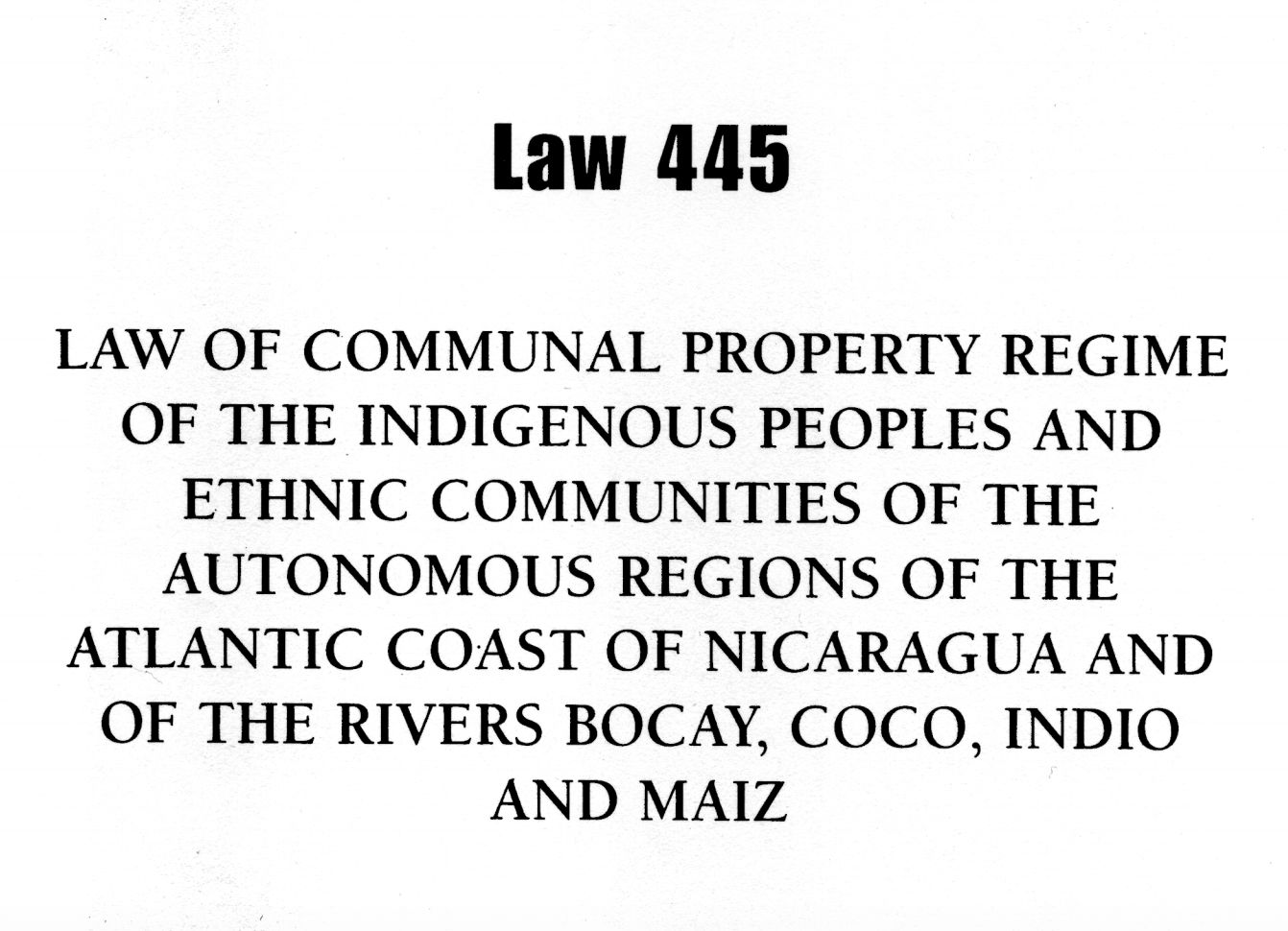Dukuduku
THIS report is based on research undertaken by AFRA in 2002/3. The process of compiling the information included an extensive literature review, workshops with the forest dwellers and interviews with various stakeholders. A number of issues were considered and a large volume of literature and workshop reports on these exists in AFRA's offices. These are available on request. The Department of Regional and Land Affairs commissioned a similar study in 1993 when the state was attempting to lure people out of the forest following the 1988 "invasion".






